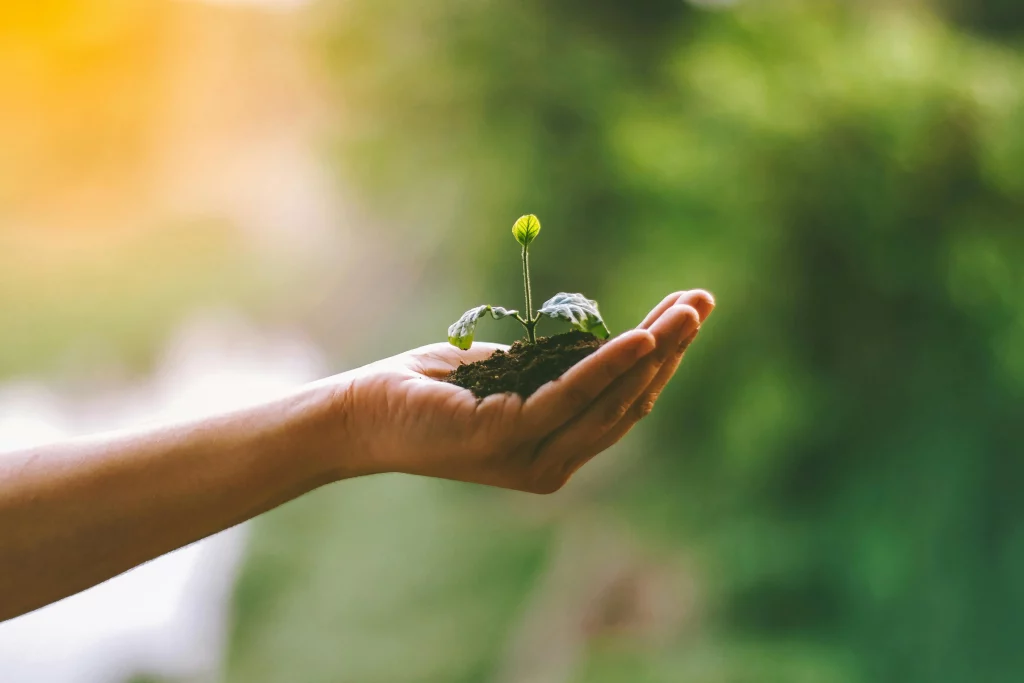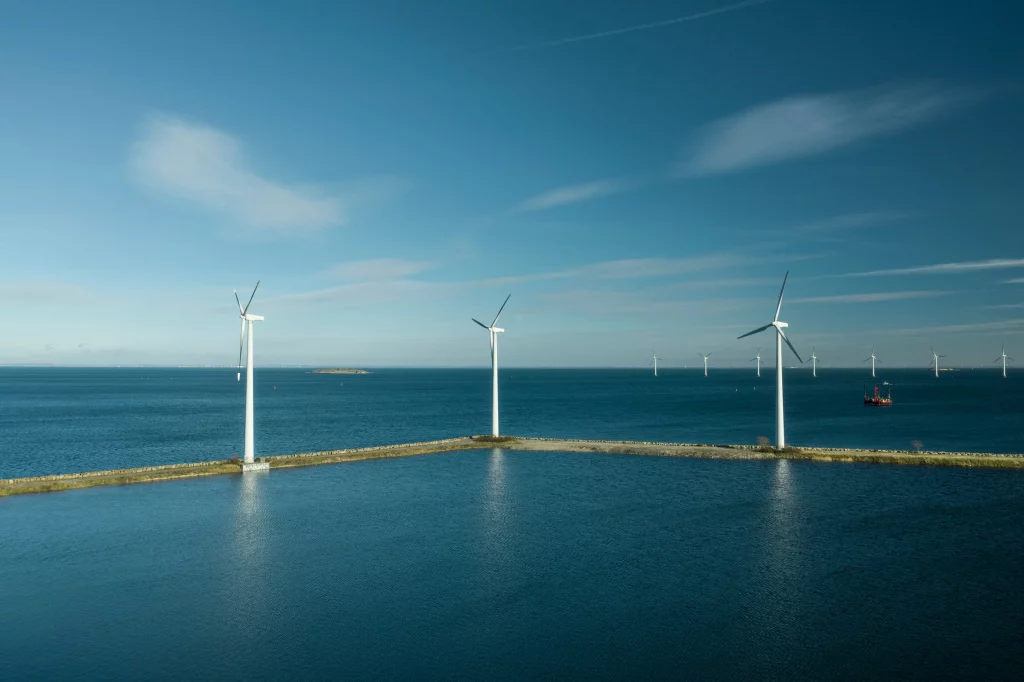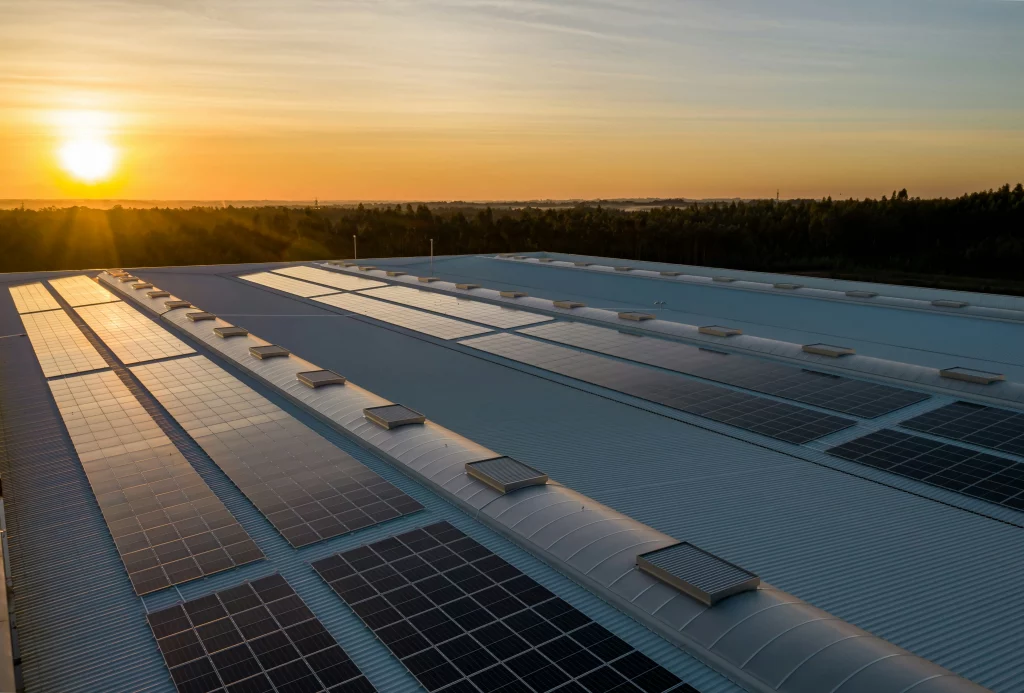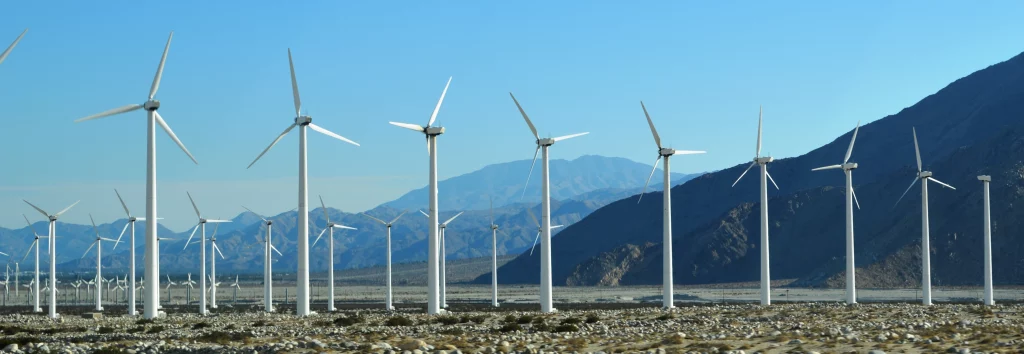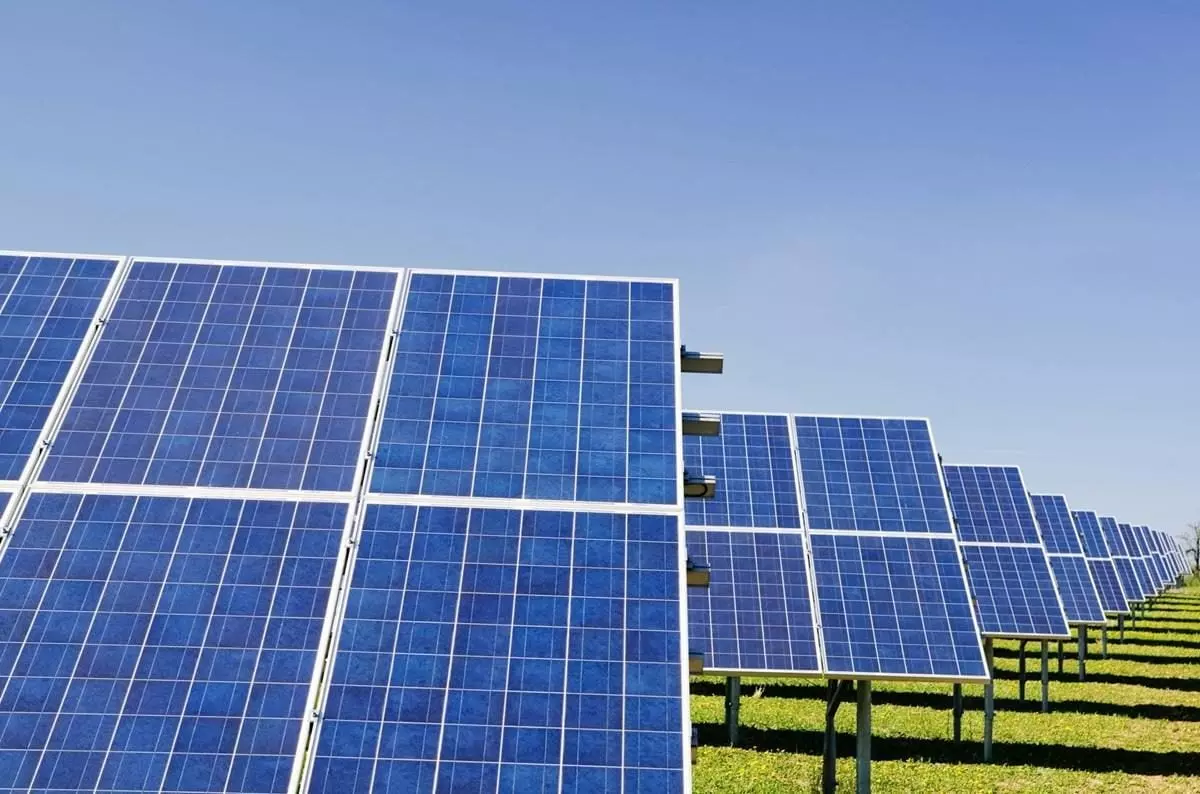
“30 Years Under the Sun”: How Old Solar Panels Prove That Durability Is the True Energy of the Future
Research from Switzerland, Austria, and Germany has confirmed that solar energy is not only a technology of the future but also an investment with a remarkably long life cycle. Panels installed in the late 1980s continue to operate at over 80% of their original capacity even after more than 30 years of use.
30 Years of Steady Performance
Scientists analyzed six photovoltaic systems installed between 1987 and 1993 across different climate zones of Switzerland — from mountain stations to lowland cities. The findings surprised even the researchers: the average annual efficiency loss was just 0.24%, three times lower than the rate typically recorded for modern panels.
Similar results were reported last year by French researchers who tested the country’s oldest solar installation (from 1992). It continues to function at about 80% of its original capacity, proving that solar energy can be not only efficient but also remarkably durable.
Materials Make the Difference
The study revealed that durability depends less on climate and more on material quality. Modules built with reliable laminates, stabilizers, and glass-foil structures withstood decades of temperature fluctuations, wind, and UV radiation.
In contrast, panels made later from thinner and cheaper materials often degraded faster — a reminder that cost-cutting in production can come at the expense of longevity.
Lessons for the Energy Transition
Today, with solar energy accounting for more than 8% of global electricity generation and growing at record speed, reliability and resilience are becoming central questions. The aging Swiss panels remind us that in the pursuit of maximum efficiency, we must maintain a balance between price, quality, and environmental impact.
For Ukraine, this experience is particularly relevant. The lifespan of solar panels directly affects project economics, energy security, and infrastructure recovery. As practice shows, investing in quality means investing in the future. Durable materials, proper installation, and regular maintenance can extend the life of solar systems for decades — reducing both carbon footprints and financial costs.
The Swiss example once again affirms the strategic vision promoted by Global 100% RE Ukraine: the development of renewable energy should be based not only on the quantity of new projects but also on their quality, technological reliability, and long-term efficiency. These principles form the foundation for Ukraine’s future energy independence — sustainable, economically sound, and environmentally safe.
Become a member of 100 RE UA
Switching to 100% renewable energy in Ukraine is possible!

